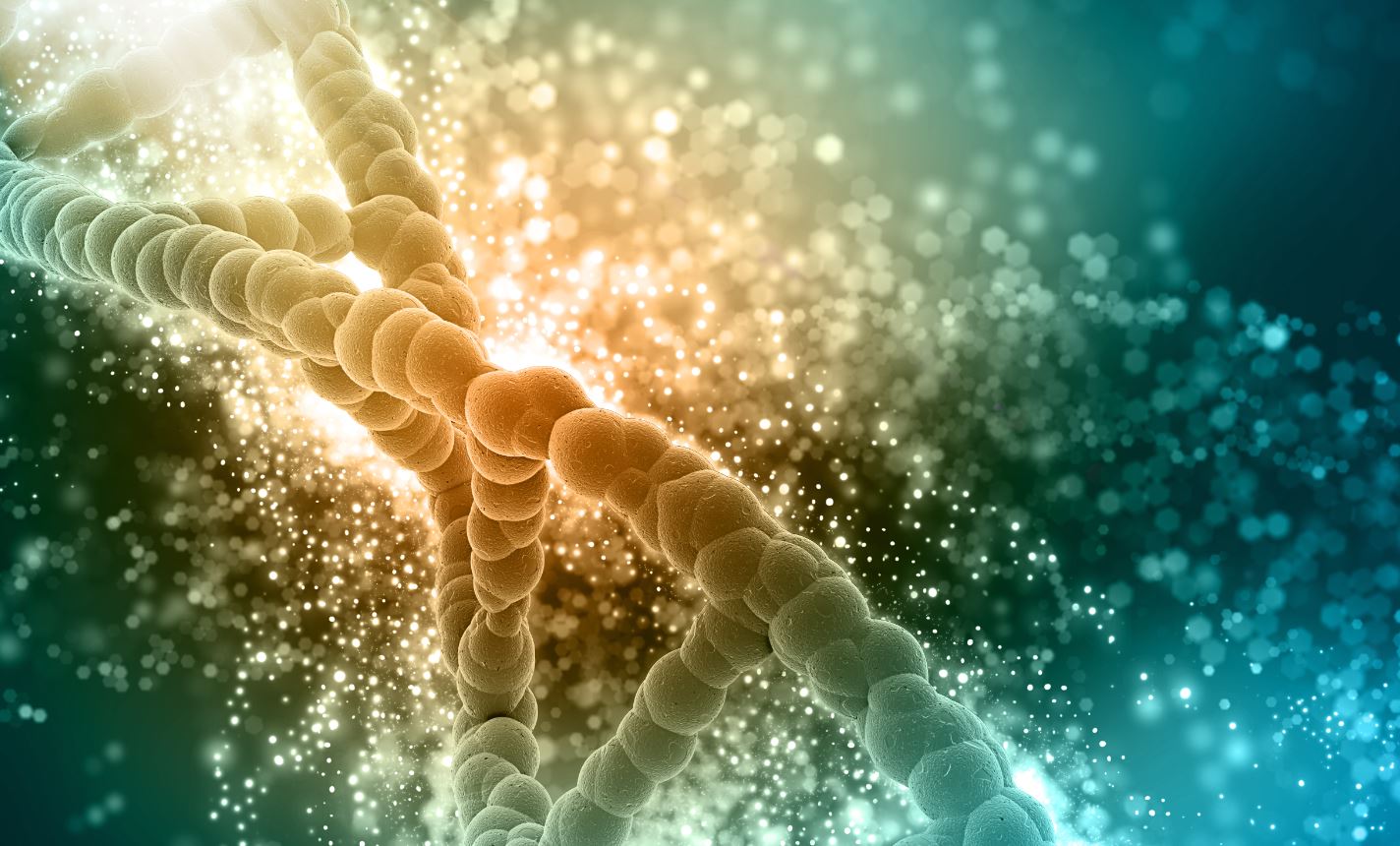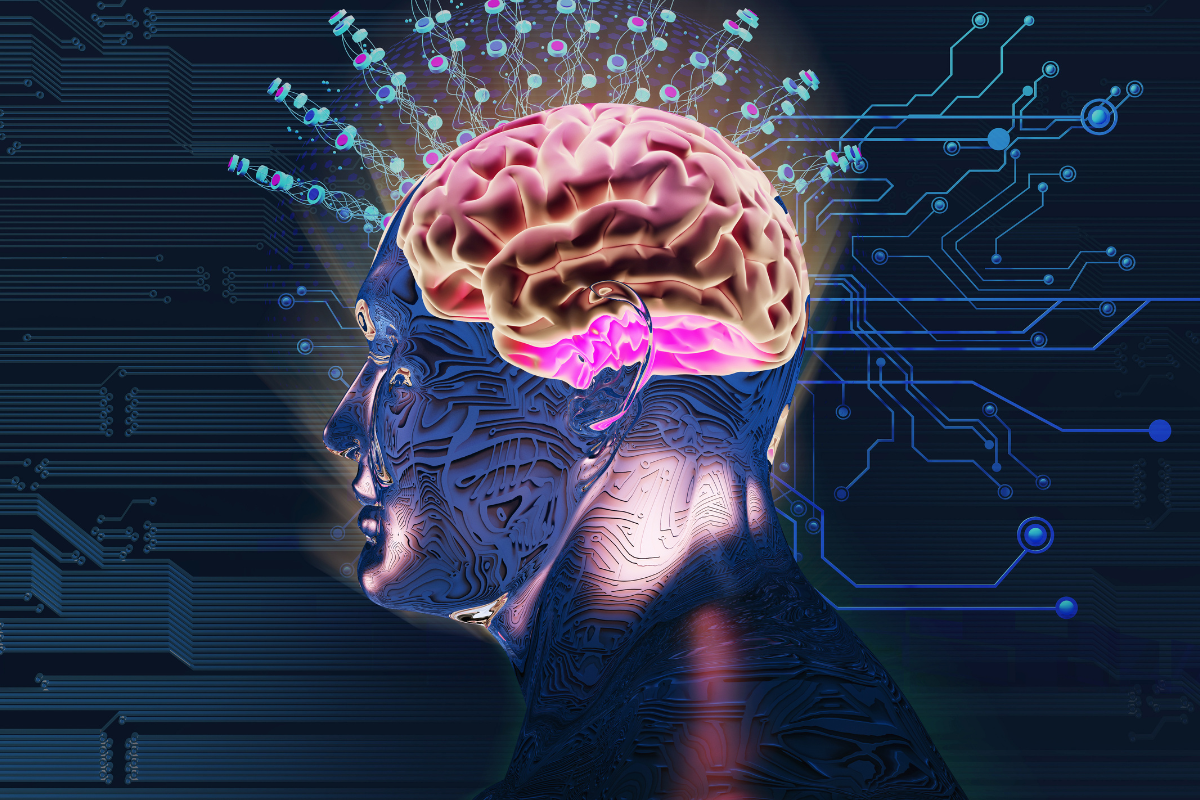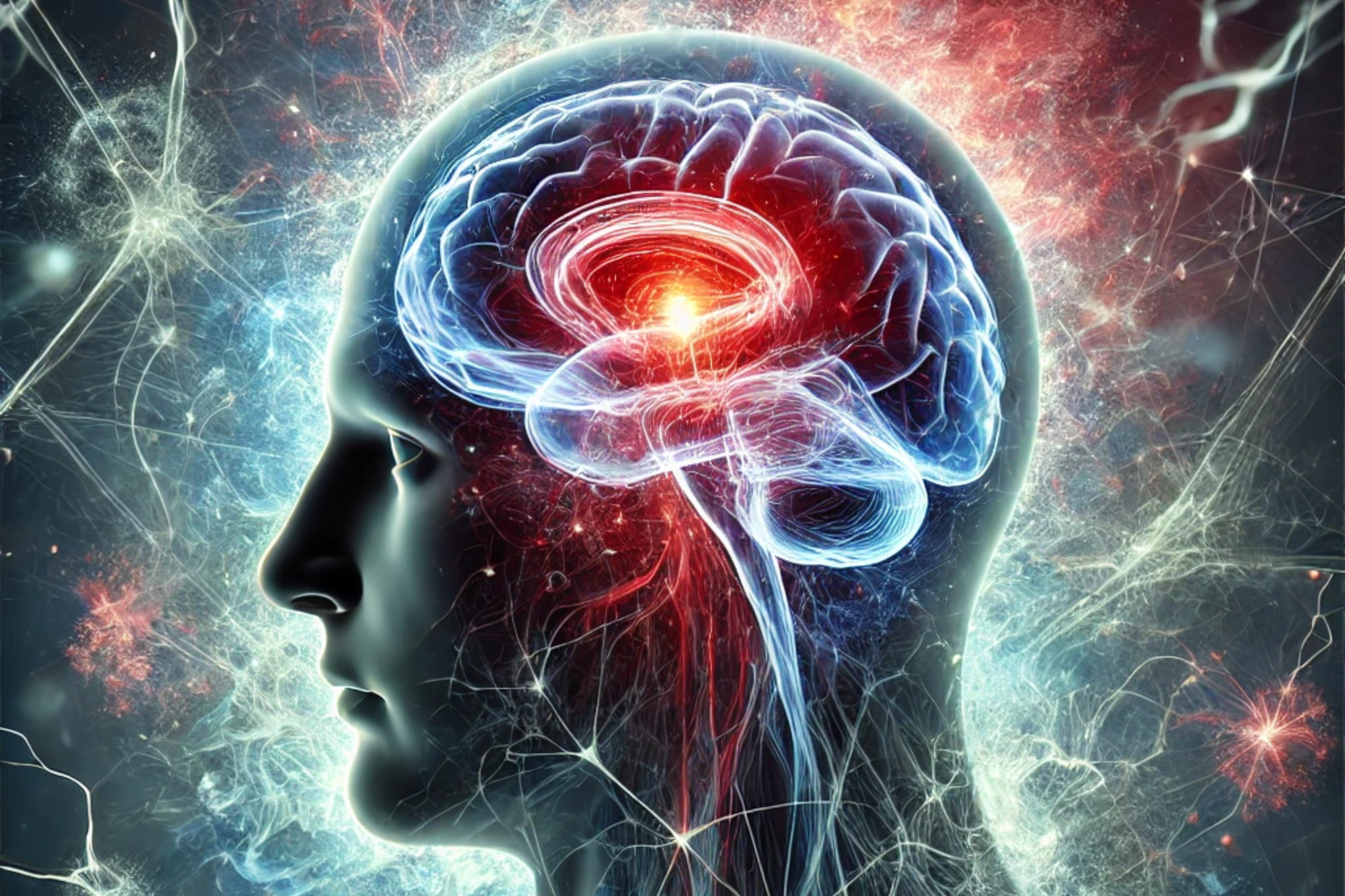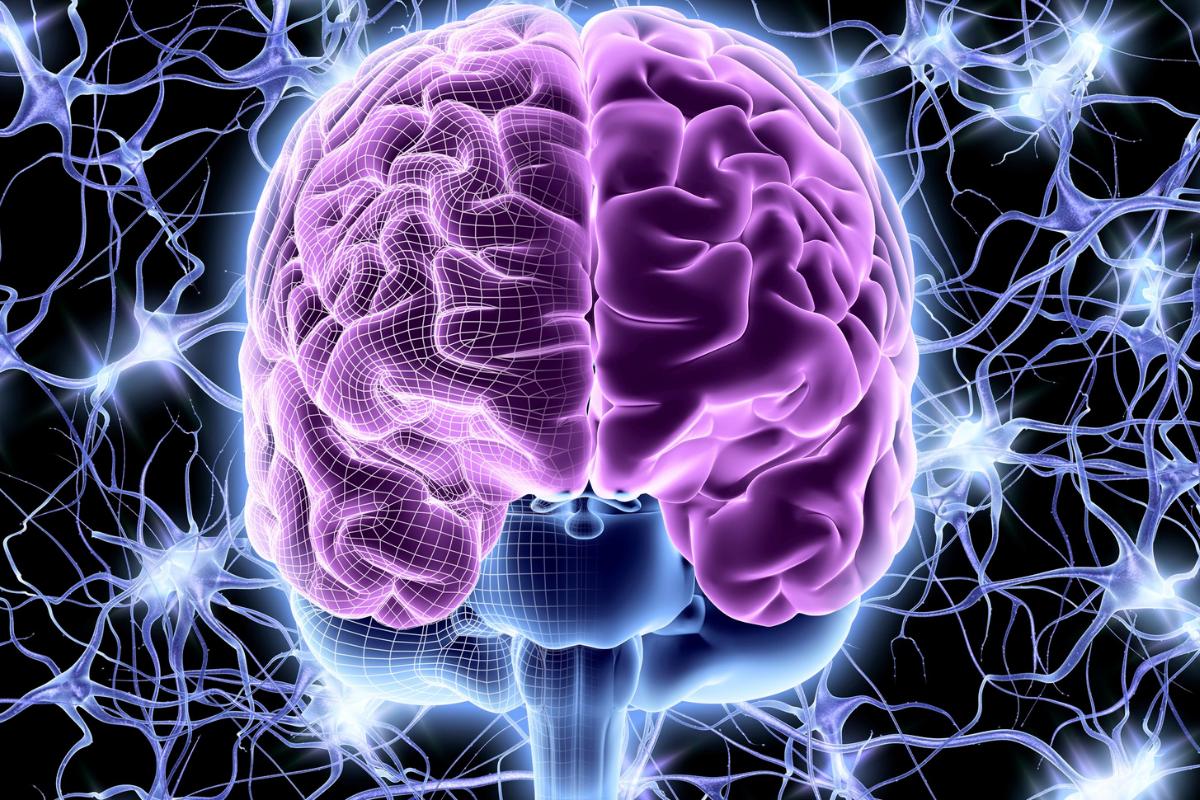By Dr. Petrus Raulino
Research published in the journal Frontiers in Pharmacology and carried out by the Department of Psychiatry and Psychology of the Mayo Clinic presented a systematic review of studies investigating epigenetic alterations induced by non-antipsychotic mood stabilizers (valproate, lithium, lamotrigine and carbamazepine).
The review looked for scientific articles with animal models, human cell lines and people with Bipolar disorder, Schizophrenia e Major Depressive Disorder.
The epigenome
Knowing the epigenome - the dynamics that determine gene expression - allows us to better understand how genes work. The epigenome responds to environmental signals by "turning on" or "turning off" the activity of genes.
Epigenetic alterations involve reversible chromatin rearrangements that induce mitotically heritable, stable, long-term and reversible gene expression patterns without altering the DNA sequence.
A DNA methylation and histone modifications are the most studied epigenetic marks in physiological and pathological contexts.
Under physiological circumstances, epigenetic mechanisms control neurobiological processes, but deregulation of these mechanisms can translate into an increased risk of developing disease.
Epimutations secondary to gene-environment interactions have been described as playing a fundamental role in the pathophysiology of the main psychiatric disorders, since genetic material can respond to modifications in environmental conditions.
Despite the genetic complexity of mental disorders, evidence suggests that the epigenome can be modified by mood stabilizers, potentially translating into long-term changes in the evolution of the disorder.
Conclusion of the research
The review concluded that the available scientific data confirms the effects of valproate and lithium on the epigenome of genes associated with psychiatric disorders through different mechanisms, particularly DNA methylation and histone acetylation.
The review suggested that lamotrigine and carbamazepine may play a greater role in activating epigenetic mechanisms than the small number of studies with these drugs seems to suggest.
A more advanced understanding of drug-induced epigenetic changes could facilitate personalized interventions in the future.
References
Gardea-Resendez, M., Kucuker, M. U., Blacker, C. J., Ho, A. M. C., Croarkin, P. E., Frye, M. A., & Veldic, M. (2020). Dissecting the epigenetic changes induced by non-antipsychotic mood stabilizers on schizophrenia and affective disorders: a systematic review. Frontiers in pharmacology, 11, 467.
Esteller, M. (2006). The necessity of a human epigenome project. Carcinogenesis, 27(6), 1121-1125.







